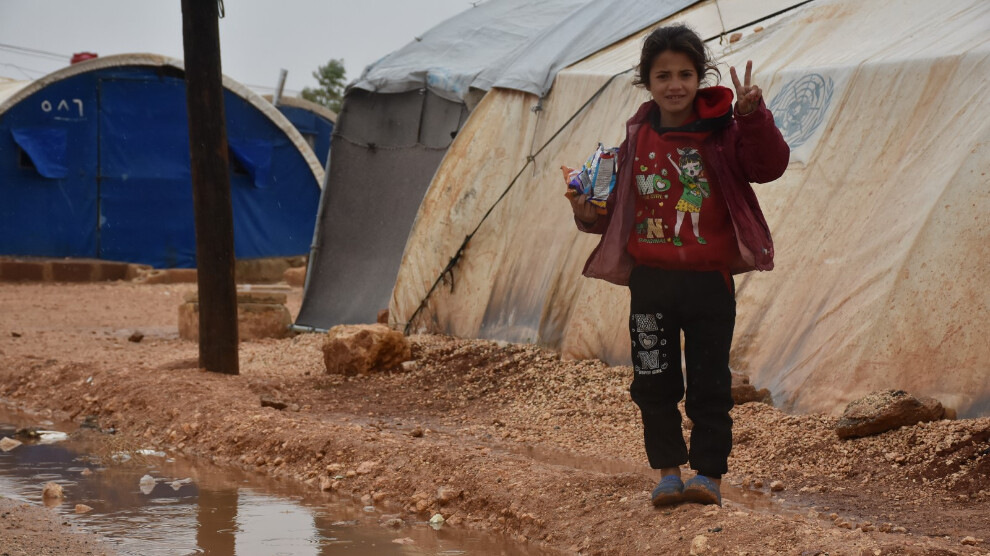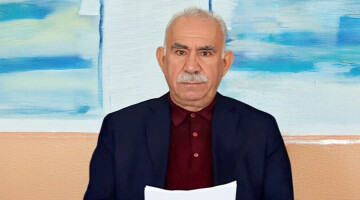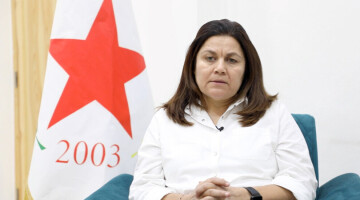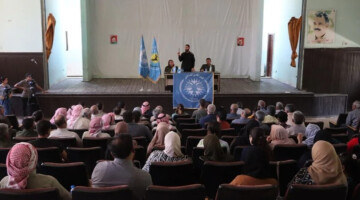In the Avrin Hospital in Shehba Canton, the number of children with intestinal problems has increased sharply in recent days. The embargo imposed by the Damascus government on the canton caused a shortage of medicines in hospitals and medical centers.
In countries where war and immigration are increasing, the risk of children getting inflammatory bowel disease due to the environment is increasing, and approximately 2 million children die every year because they are not treated.
In Shehba Canton, there was a shortage of medicines and medical supplies due to the embargo imposed by the Damascus government on the region. And children are the first to suffer from this situation.
Avrîn Hospital paediatrician (Y.C), spoke to ANHA about the situation of the children but could not disclose his name due to the pressures of the Damascus government. He said that the children in Shehba Canton suffered from 3 different intestinal inflammation diseases throughout the year and their condition worsened in winter, spring and summer.
Doctor Y.C said that the causes of intestinal inflammation are viruses or bacteria seen in children under the age of 5, and that they are spread by dirty drinking water and unclean food.
Doctor Y.C said that when the weather conditions change in summer and winter, the virus spreads and the infected children are treated in the hospital according to the facilities.
Doctor Y.C noted that more than 100 sick children apply to Avrin Hospital every day, and 30 percent of them complain of intestinal inflammation.
'There are no medicines due to the embargo by the Damascus government'
Pointing out that due to the embargo imposed by the Damascus government on the canton, there is a shortage of medicines and medical equipment, and therefore children cannot be treated in hospitals and medical centers, Y.C added that the forced migration caused the disease to spread further.
The situation of the refugees from Afrin in Shehba worsened as international organisations are not helping, said the doctor.
'80 thousand people have problems with water'
Citizens face the problem of contaminated drinking water left in roadside chemical tanks, and UNICEF workers have not cleaned the water for months.
UNICEF, which has been providing approximately 2,400 cubic meters of water per day to Shehba Canton for 3 and a half years, has recently reduced it to 1000 cubic meters. As a result of this, nearly 80,000 people have been cut off from drinking water in dozens of villages and three big districts of Shehba since last July.















